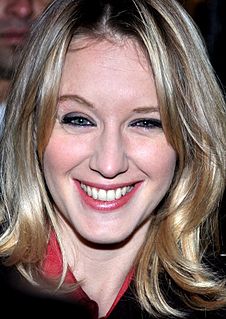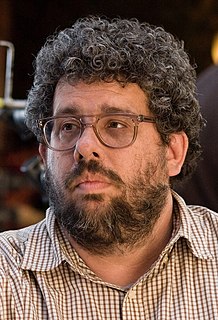A Quote by Antoine Fuqua
I'm a product of older filmmakers I guess, the past where you get to make movies and scenes are what they are. You know if you think about Scorsese back in the day when he was making Taxi Driver, or Coppola or Frankenheimer, Sidney Lumet, they're making films where you witness violence in a real way.
Related Quotes
Sidney Lumet is one of my favorite filmmakers. I feel like his approach to filmmaking was always so human. He was always making movies about the people. He wasn't about the tricks, you know what I mean? From 12 Angry Men on. Another film of his which I really, really love is Prince of the City, with Treat Williams, which is kind of a lost classic. Lumet is one of those film heroes that changed movies for everyone.
I don't know if you've ever seen some of the Sidney Lumet movies, like Dog Day Afternoon [1975] or Network [1976]. They're real events that happen in real time, and there are all of these different characters experiencing the same thing in different parts of the movie ... I am so bad at explaining my films. But it's in the world of finance and the world of media, and how they connect. It was a big undertaking. A big, mainstream movie, which stars Julia Roberts and George Clooney. But for me, it's really just a small story about character and people.
Even before the economic crisis in Greece there was no structure for making films - no proper industry, and the structure didn't help filmmakers at all. So filmmakers had to help each other, and make very, very low-budget films. Now with the crisis, things got a bit worse, but filmmakers are still going to be making films. It didn't change that much.
Actually, I can't stand watching violent scenes in films; I avoid watching horror films. I don't tend to watch action films mainly because I find them boring, but I watch the films of David Cronenberg and Martin Scorsese, usually in a state close to having a heart attack. I'm a complete coward. I make violent films as a result of my sensitivity to violence - in other words, my fear of violence.
There's a lot of guys who use their likeness - to do movies, and do other business stuff, but not too many guys are actually making product. I'm making product, it's a different thing. A lot of guys are holding up Coke cans and get paid a lot of money to do that, but no one's making a Coke can. I'm the guy that's trying to make the Coke can.
The thing about writing or making art is that I'm not thinking about that stuff while I'm doing it. Like the driver's ed kid, in retrospect I see that that was meaningful, and I felt close to him in that way, but at the time I just thought it was fun to draw, and that's all it was. I think that's what's weird about life and about making art. You have to talk about it later. I guess I should be prepared to talk about it now. That is why I'm here. But again, pass.
I do have huge pressure in terms of making my animation, because a lot of audiences and producers are expecting me to make films with a lot of action. They all know that I'm very good at action scenes, but I tend to not use many, so they're all frustrated with me. But I do that intentionally. Yes, if I do a movie with a bunch of action, it's going to be a lot more successful than the types of movies I'm making right now. The producers often say, "Instead of using all these philosophical phrases, why don't you change this into an action scene?" But I intend to continue to make these movies.
I even think the commercial element of new American directors is really fertile right now. There are a lot of filmmakers with very particular visions, like Sofia Coppola and Wes Anderson and P.T. Anderson and Alexander Payne and Peter Sollett and Harmony Korine and Vincent Gallo. At least they're making films that they choose to make, and they're on their own. That's positive to me. This is not a dead period for American cinema at all.




































